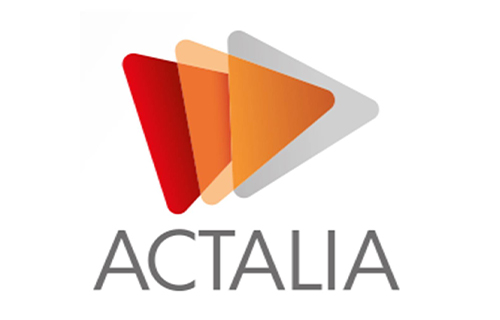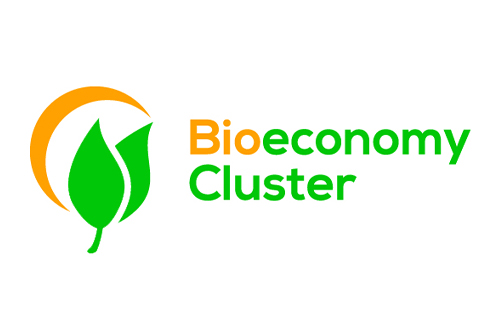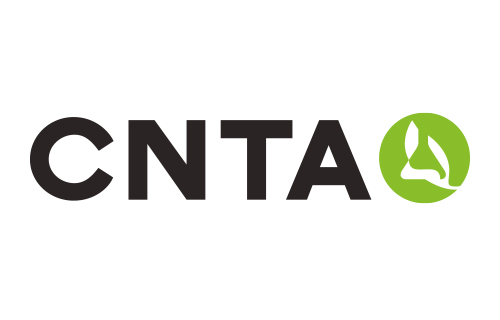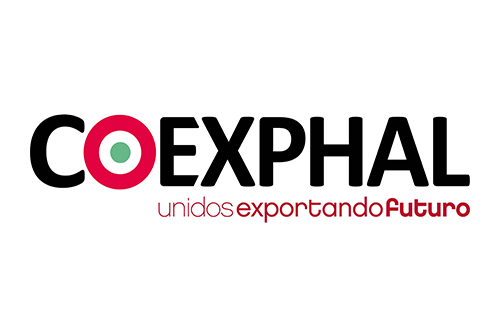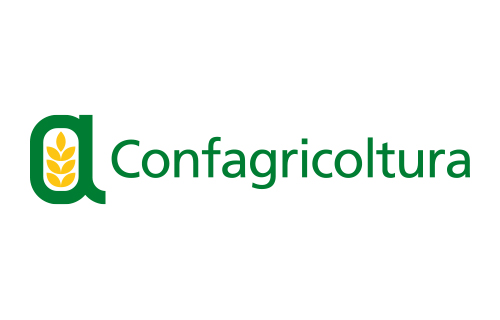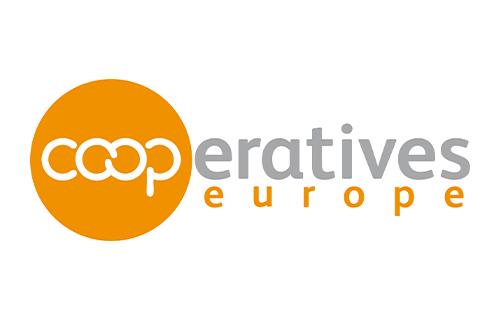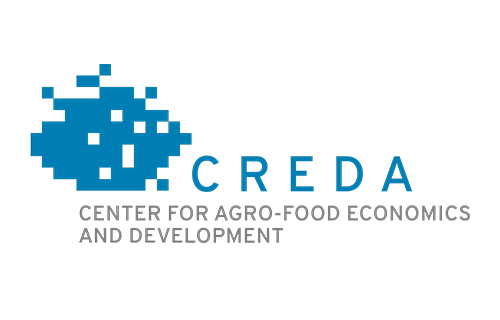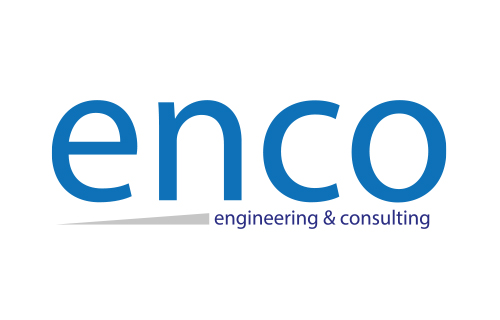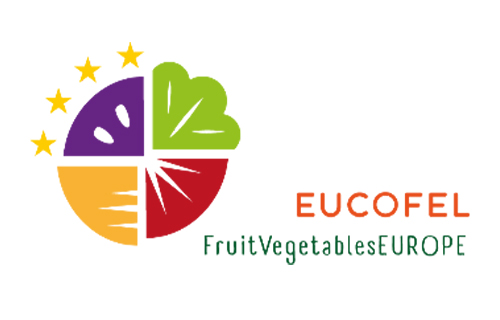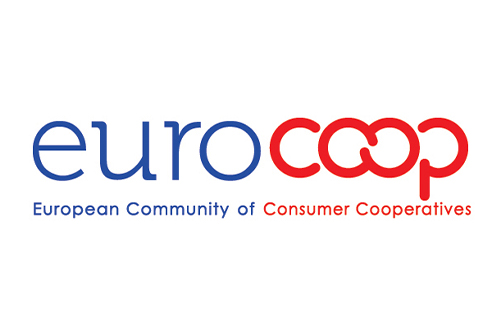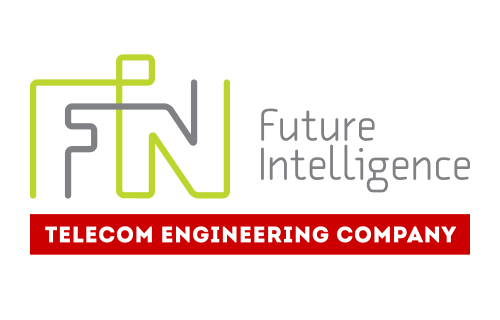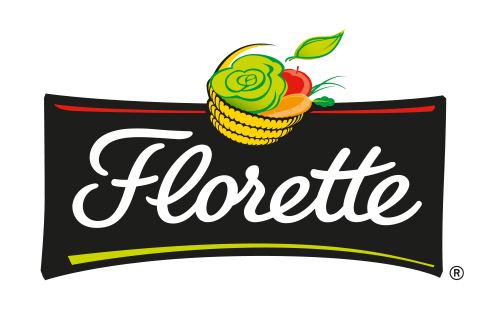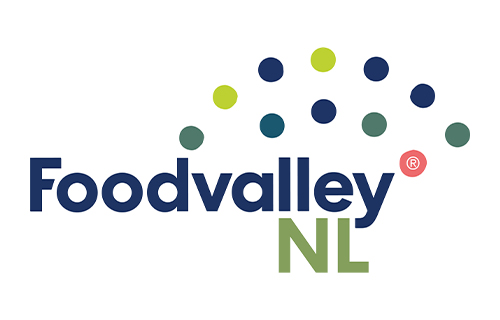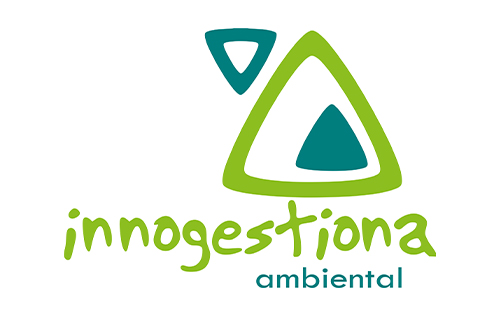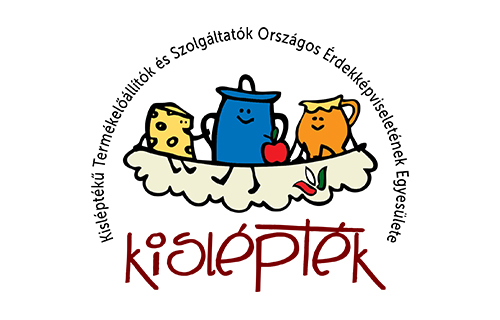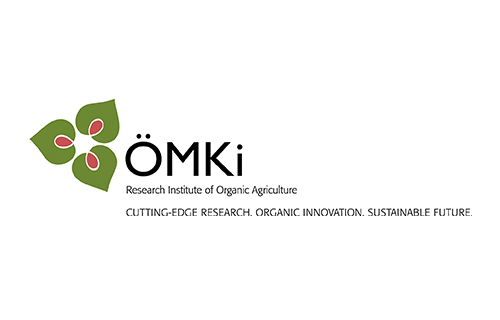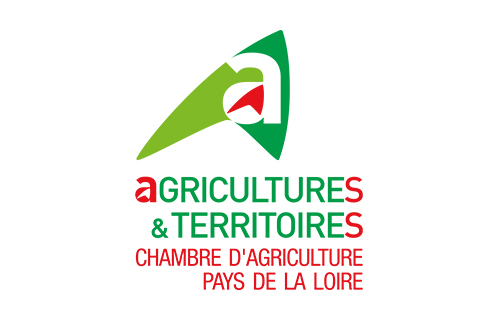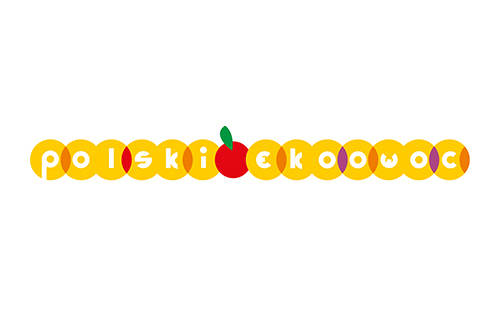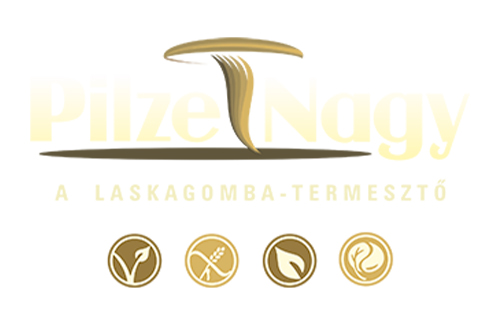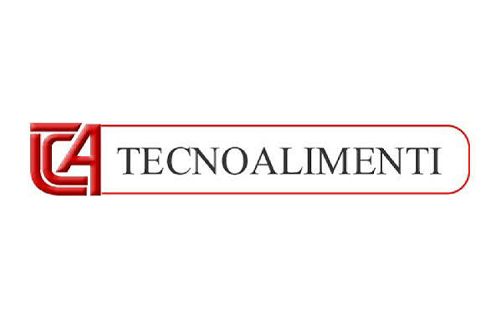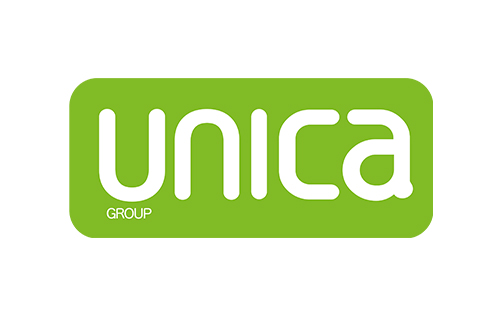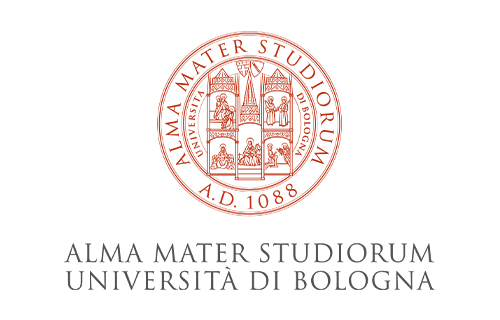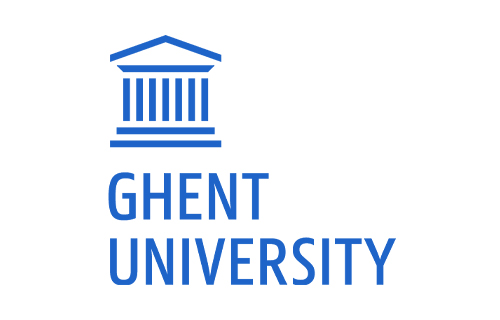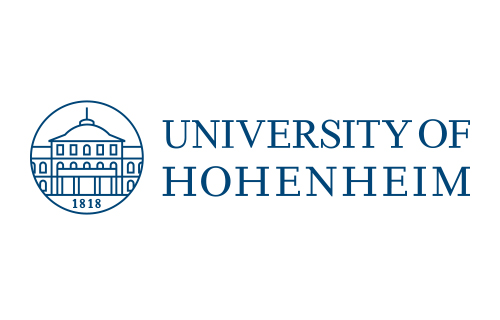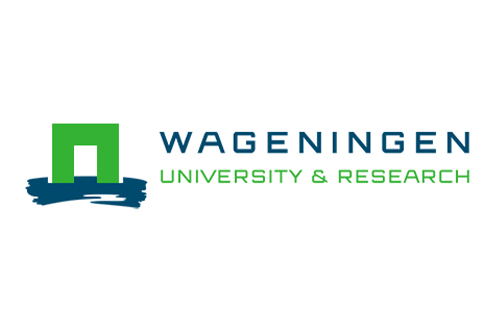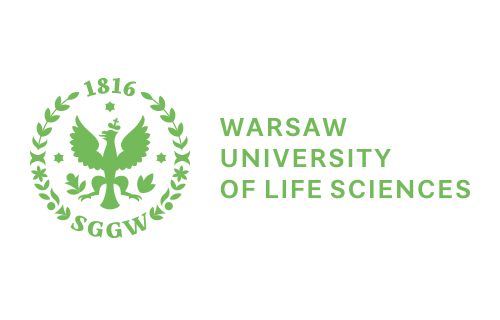PROJECT OVERVIEW
CONCEPT AND METHODOLOGY
The CO-FRESH concept
The CO-FRESH project aims to provide techniques, tools and insights on how to make agri-food value chains more environmentally sustainable, socio-economically balanced and economically competitive. The project will implement technological and non-technological innovations in several pilots of agri-food value chains (Pilot Cases included in the CO-FRESH consortium), to test how the combination of technological and non-technological (i.e. organisational) innovations at several levels and steps (from farmer to the food-processing to consumer) can improve environmental and socio-economic benefits impact in terms of sustainability.
Methodological Tools and Innovation Strategies
CO-FRESH will apply a number of innovative methods and tools:
As an overall methodological concept, it will use Interventional Research (IR). IR, similar to Action Research, implies that implementation of changes and study of these changes are done simultaneously. IR follows a dedicated procedure of 5 steps, from design to scaling.
CO-FRESH will use the co-creation framework. The main tools of co-creation consist of transdisciplinary workshops, interactive sessions among academics and practitioners, living labs, multiactor platforms, inclusive design meetings and joint evaluation schemes.
CO-FRESH will both explore and apply various innovation strategies, particularly those that combine and integrate technological and non-technological changes. From the EU-wide inventory of innovative agri-food value chains and the detailed evaluation of the 7 pilot cases, CO-FRESH will derive innovation strategies to be used by collaborative associations of value chain actors and actors.
In short, the CO-FRESH repertoire of innovation strategies will include the pathways for effectively integrating technological solutions with social, organisational and institutional adjustments.
INTERVENTION RESEARCH
CO-FRESH relies on Intervention Research (IR). Intervention Research is an emergent collaborative process of inquiry that studies models of collective action within and across organisation. Through IR, CO-FRESH aims at identifying models and practices of sustainable innovative value chains and implementing in 7 selected Pilot cases.
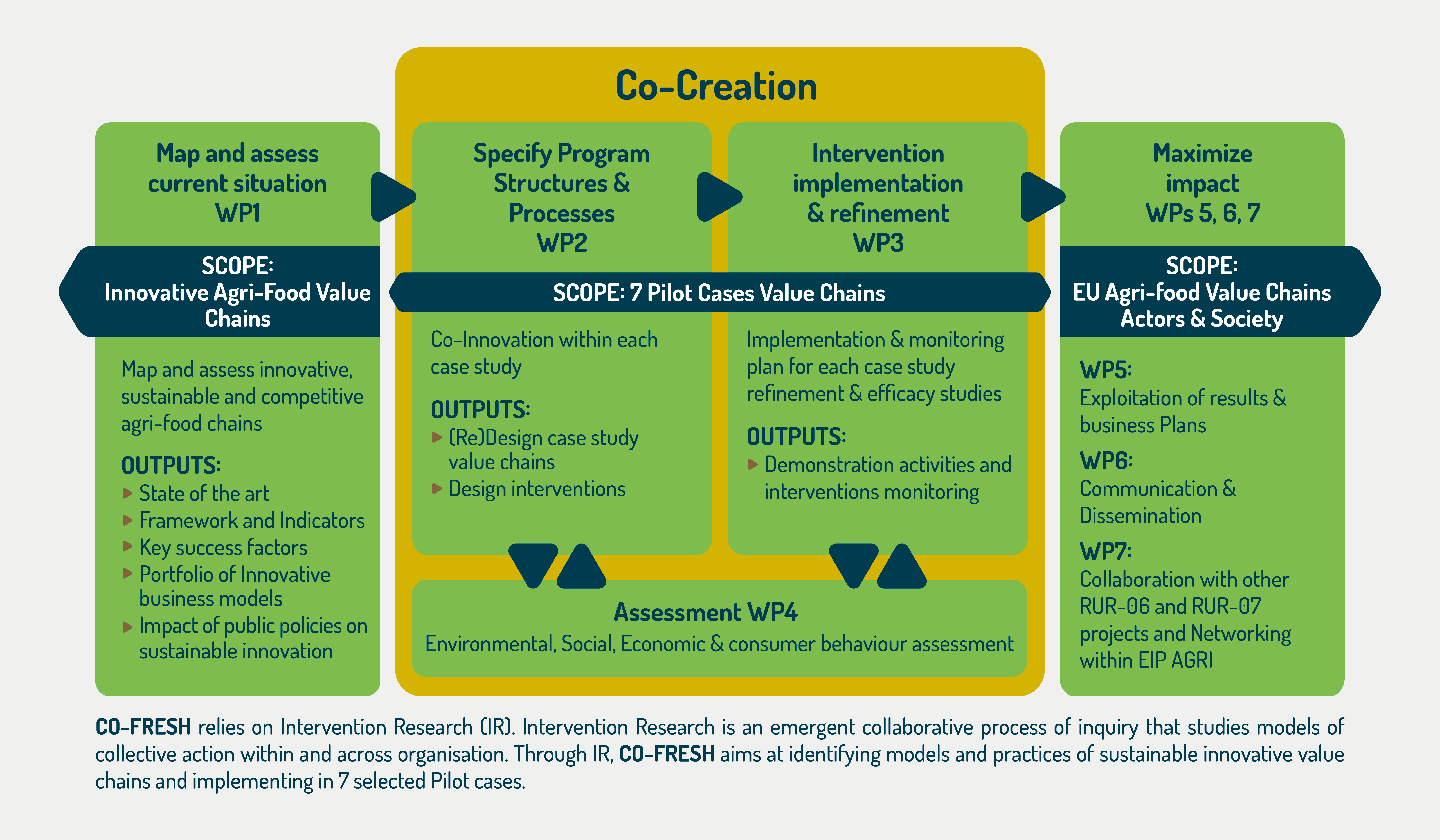
SPECIFIC OBJECTIVES
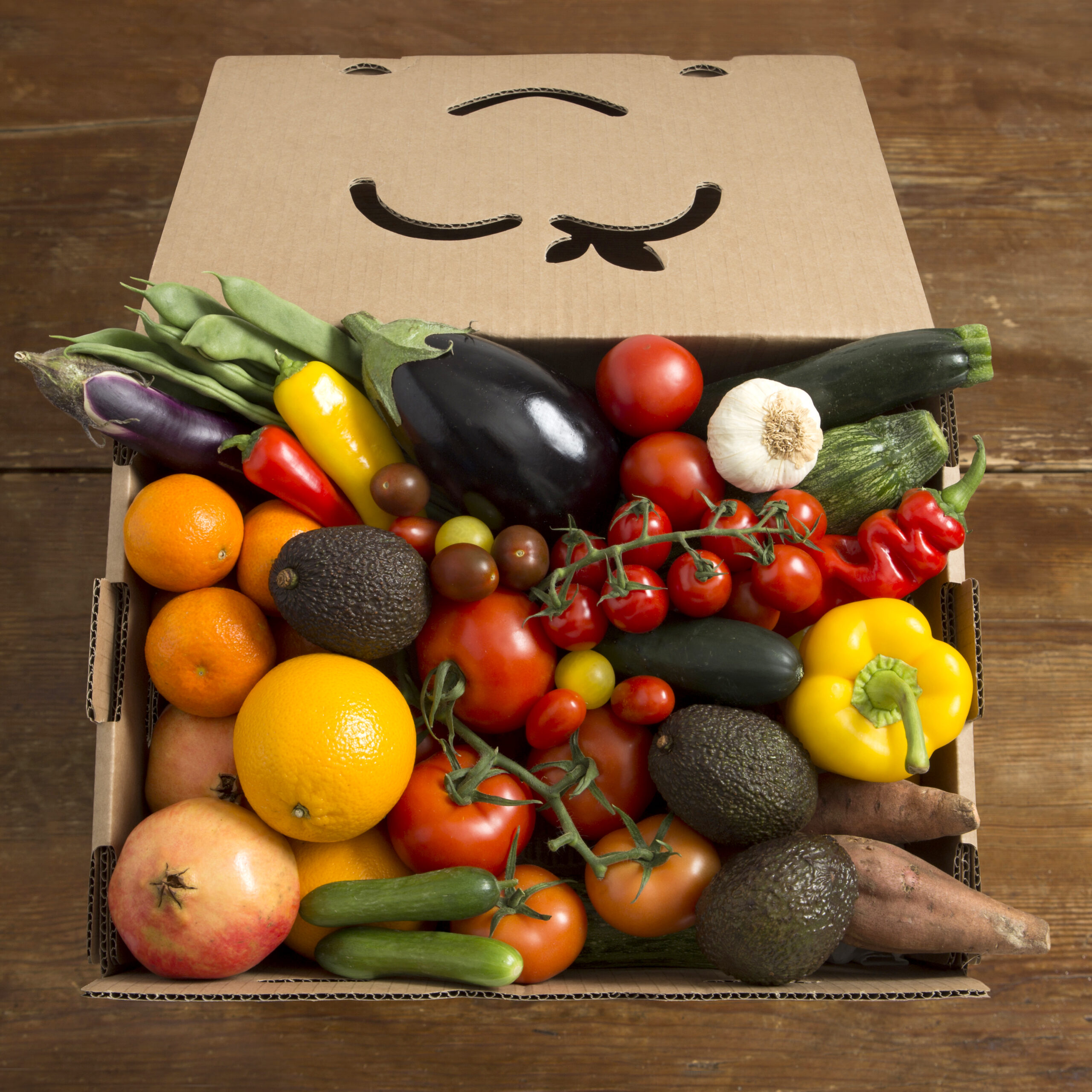
O1
To map and assess existing innovative agri-food value chains all over Europe
02
To co-create agri-food value chains selected as pilot cases in the CO-FRESH consortium with the aim of (re)designing integrated sustainable and competitive value chains

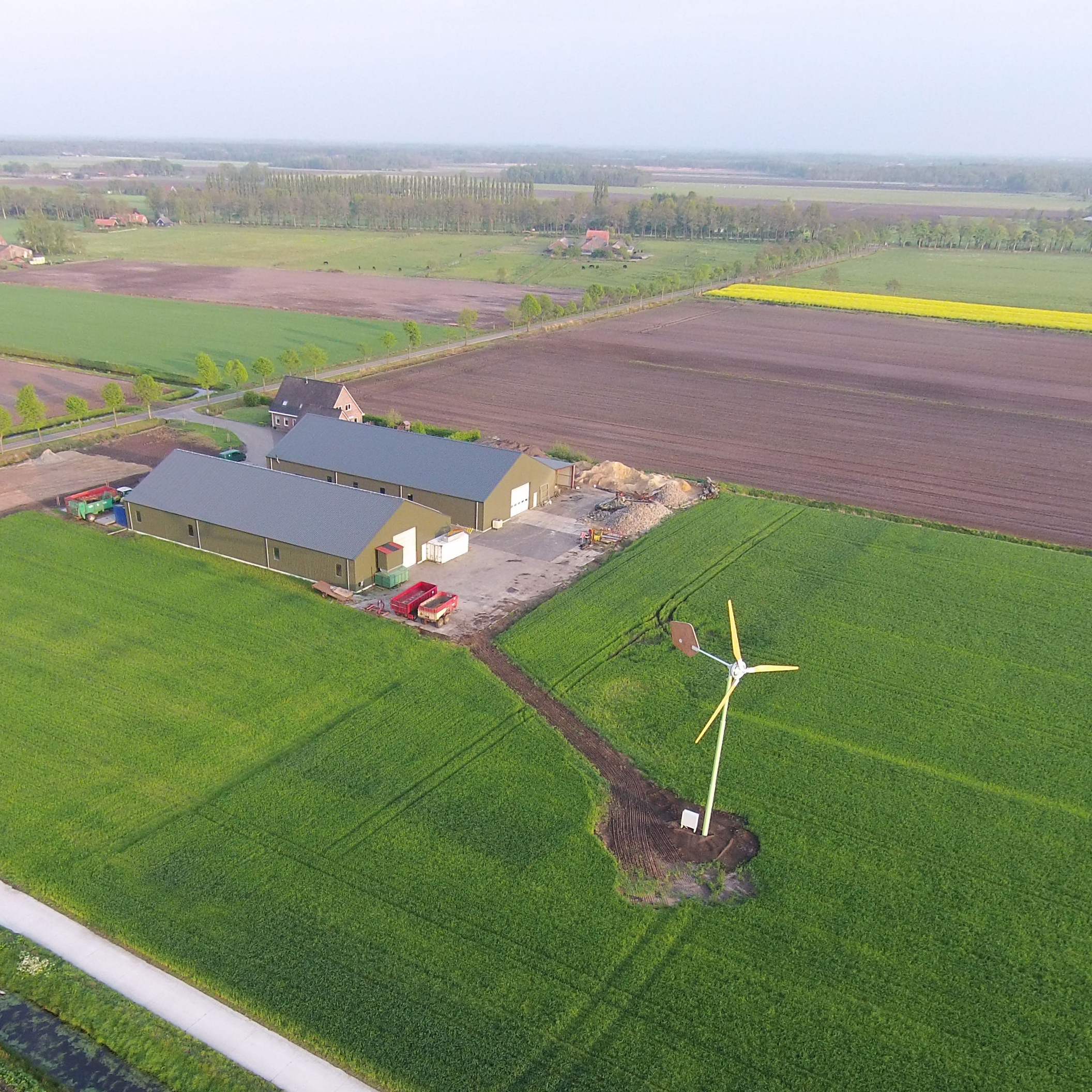
O3
To demonstrate and monitor innovative business models re-designed with technological and non-technological innovative solutions benefits
04
To assess the environmental, economic and social impact of the innovations implemented and demonstrated in O3, including consumers’ acceptance in cases where innovation outcomes are related to final consumer products
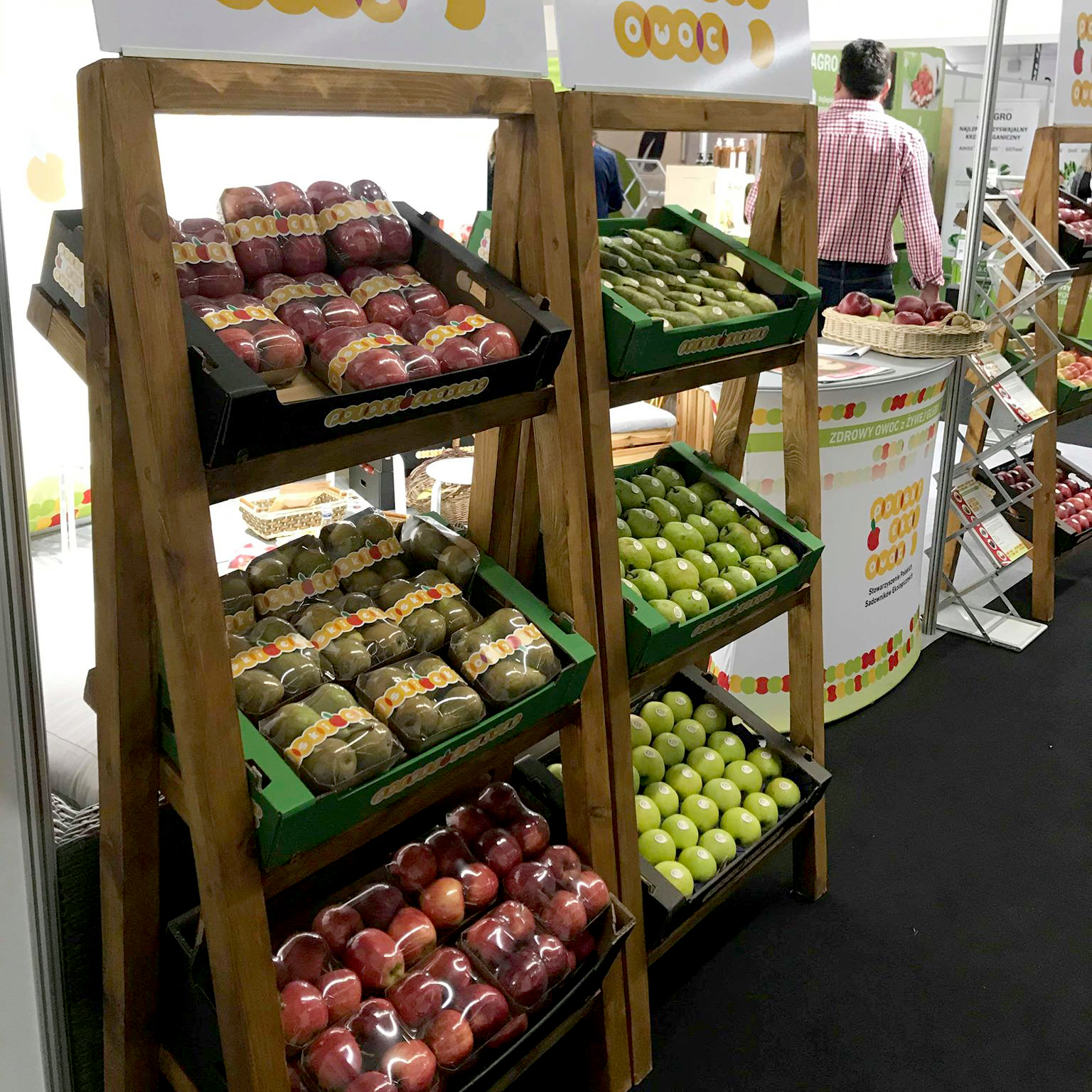
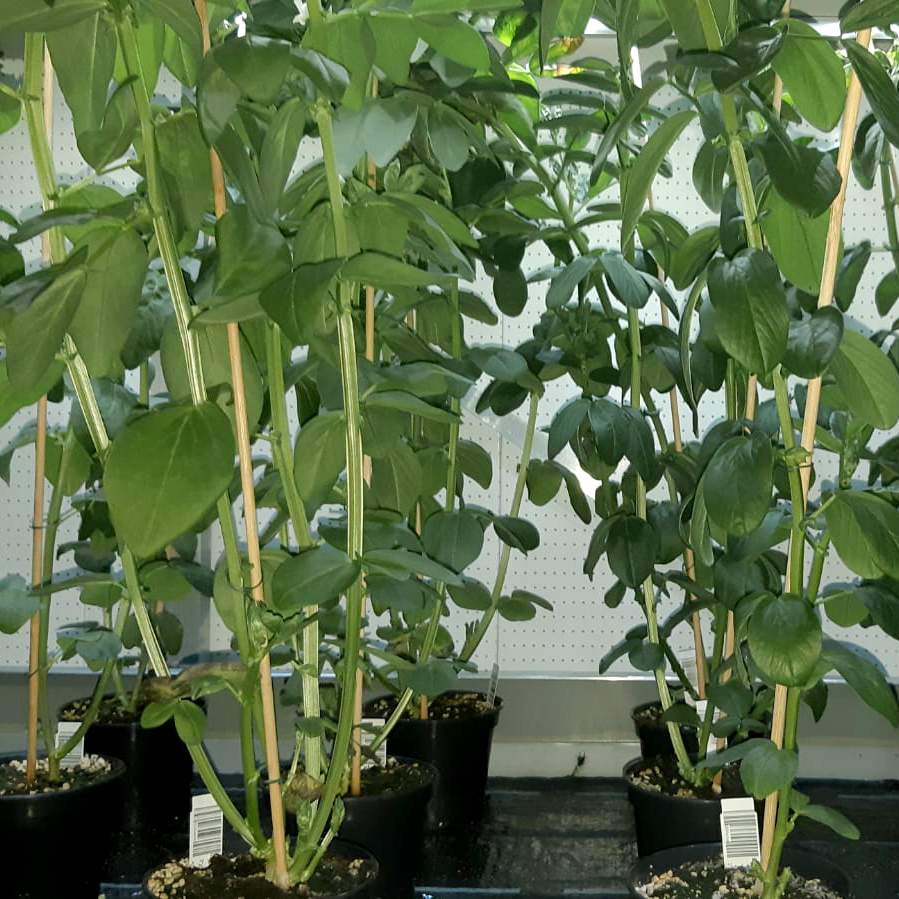
O5
To set up appropriate measures and strategies to maximize the project outcomes and benefits
06
To effectively communicate and disseminate the knowledge and the results of CO-FRESH
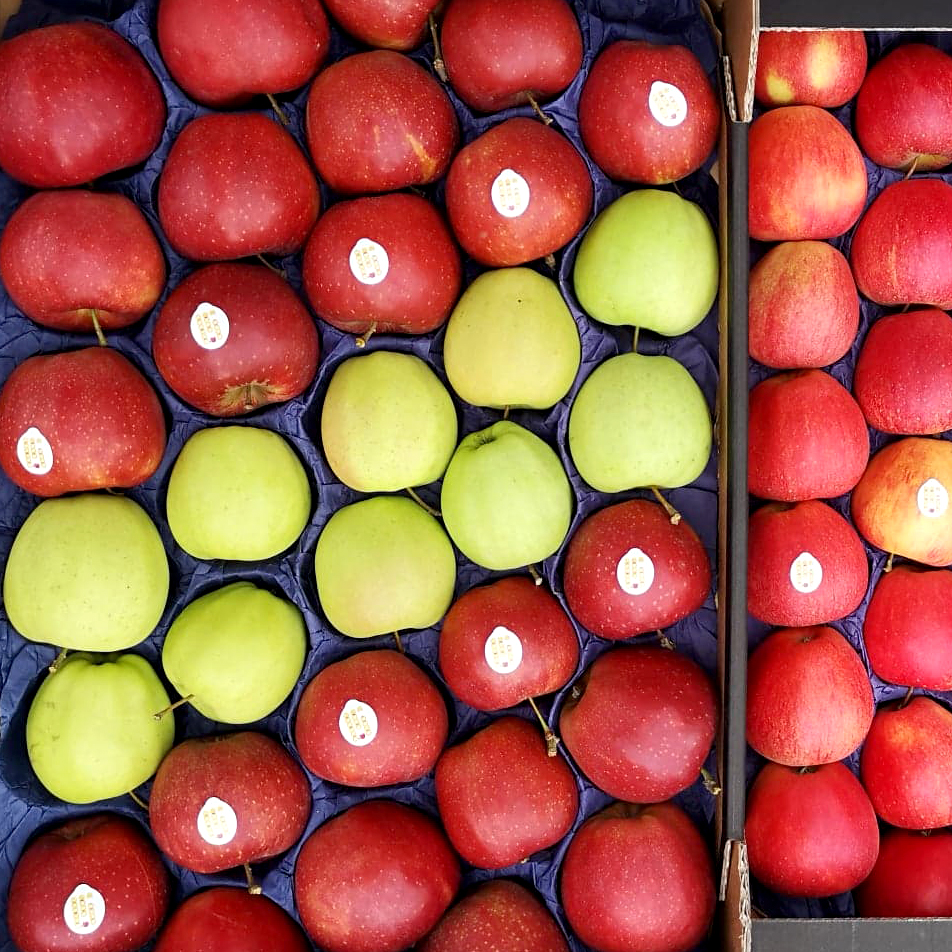
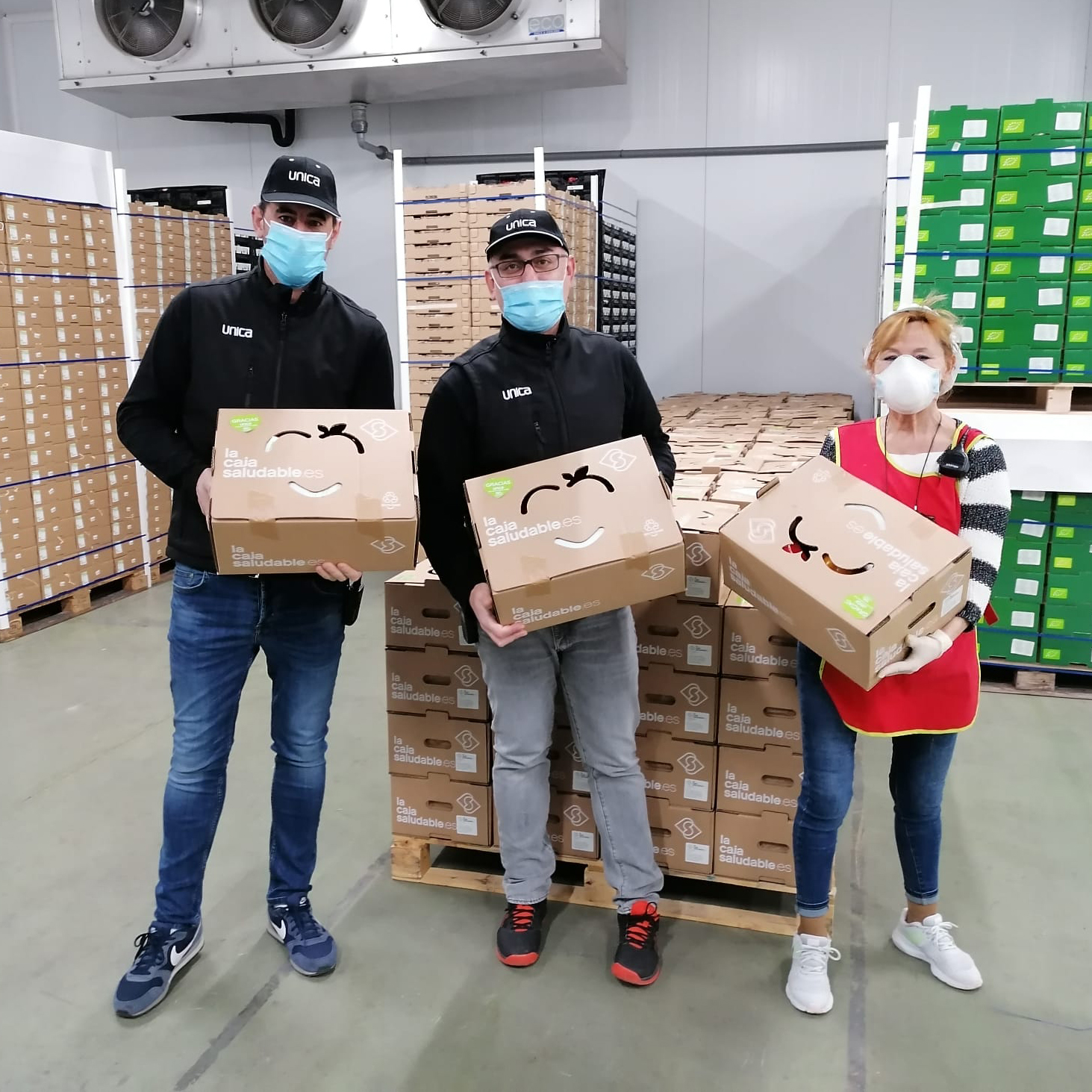
O7
To assure a wide impact across Europe through effective collaboration with key actors of the agri-food chains & networking with other RUR 06 and RUR 07 projects
WORK PACKAGES
WP1
will map and assess existing innovative, sustainable and competitive agrifood value chains through a review of the state of the art of innovative and sustainable agrifood value chains. This review will be based on previous EU-funded projects, on an inventory done by all partners, as well as on an empirical investigation of the key characteristics of existing innovative and sustainable agrifood value chains in the EU. The results of this explorative approach provide the state of the art and lead to the design of an inclusive and system-based framework for sustainable, innovative and competitive agrifood value chains in the EU. The impact of public policies on sustainable innovation in agri-food chains will also be explored.
WP2
In WP2 a co-creation process will be conducted in each one of the selected Pilot Case Value chains with the aim of optimising or re-designing current whole value chains into more competitive and sustainable ones. With a common methodology, the Pilot cases selected within each Pilot Case will be analysed and characterised by collaboration between practitioners and researchers with a multidimensional and multi-level approach (Pilot Cases Working Groups). This Co-creation process will consider framework suggested and Portfolio of Innovative Business models produced in WP1. Interventions proposed for each Pilot case will be developed by specialised project partners and reviewed by actors, including potential intervention agents, participants, and others with expertise related to the target situation. Special attention will be payed to detect the perception of fair distribution of costs, benefits and risks along the value chain among the different actors along each value chain.
WP3
WP3 aims at piloting the re-designed Innovative Value chains in the selected Pilot Cases through the implementation and monitoring the interventions as co-created in WP2. In this purpose and in a coordinated way with WPs 2 & 4, the Leader and Support partner of each Pilot Case Working Group (PCWG) will generate a detailed description of the implementation and monitoring procedure of the interventions defined in WP2. The planning will be presented and agreed with each PCWG (3th Meeting of the 7 PCWGs) and corresponding trials and simulations conducted. Once the demonstration activities will be finalized, a 4th meeting of each PCWG will take place in order to jointly assess the results of the intervention trials with each Pilot Case Working group to come to an integral conclusions on the interventions impacts in the whole value chains. Improvements in transparency will be specifically monitored in terms of increase of information exchanged along the value chain.
WP4
WP4 aims to assess all targeted and developed innovations into the project. The work will be split in different tasks including baseline assessment, innovative value chain assessment and consumer acceptance. The assessment will be based on scientific approach by using Life Cycle Assessment, Social Life Cycle Assessment, Extended Cost Benefit analysis and consumer surveys and will cover the three pillars of sustainable development: environmental, social and economic impacts. A final sustainable synthetic indicator will be generated which can be useful for firms’ Corporate Social Responsibility strategies as well as for public policies. Specific attention will be paid to: a) the potential conflicts that can arise taking into account the heterogeneity of incentives among actors b) increase of benefits for farmers within the value chain. Recommendations and lessons learned from the implementation of innovations will bringa set of good practices that could facilitate their replicability in other contexts (value chains).
WP5
WP5 aims to organise all measures needed to maximise the project outcomes and benefits through the dsign and development of an effective plan for commercial exploitation of CO-FRESH results. In addition, Business Cases Toolkit will be designed, resulting from the WP1-WP4. It consists in at 7 business cases that will serve as practical tool addressed to external actors of the agri-food systems across the EU for the replication of the project results in other area beyond the project. Business Planning action will complement the CO-FRESH replication and exploitation activities with the aim of formulating projections and estimations of costs and benefits to have the new value chains alive and operative beyond the project lifetime.
WP6
WP6 aims at the maximisation of the impact of CO-FRESH and its results through effective communication and dissemination with a wide range of relevant audiences. Within WP6, a tailored approach in view of communication & dissemination will be developed and followed in order to reach all relevant actors of the agri-food sector, citizens and academia.
WP7
WP7 is Focussing on maximising impact across Europe through wide dissemination of the project results and networking activities and cooperation with other selected projects under topics RUR-06-2020 and RUR-07-2020. WP7 will also organize interaction with other multi-actor H2020 projects such as related H2020 thematic networks, as well as Operational Groups within the EIP-AGRI. A joint policy brief will be developed with SWG AKIS and SWG Food Systems.
WP8
WP8 will coordinate and organise the project at strategic level. In this purpose, it will develop an effective and comprehensive administrative, financial and legal management to ensure the successful execution of the project. To ensure reaching the expected results and the proposed impacts on target actors: Agrifood value chain practitionners, scientique community, citizens and policy makers.
